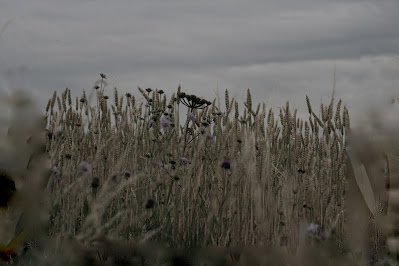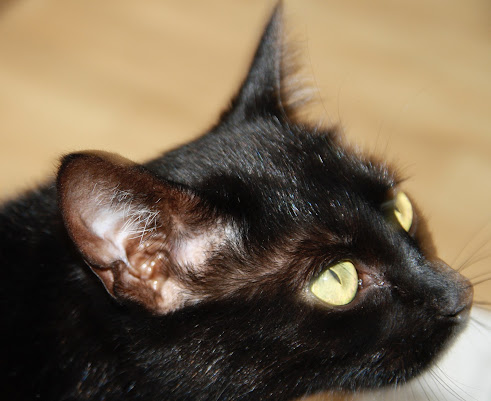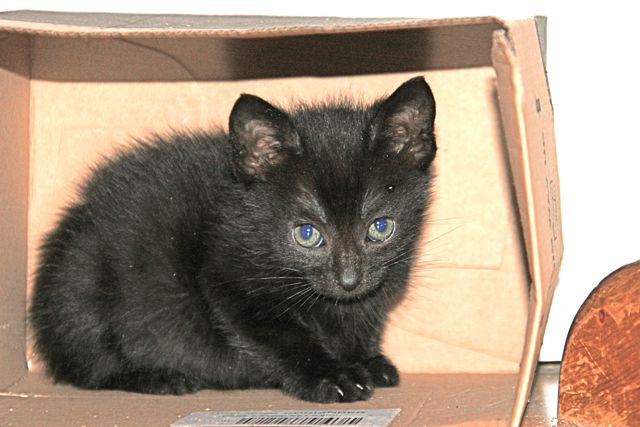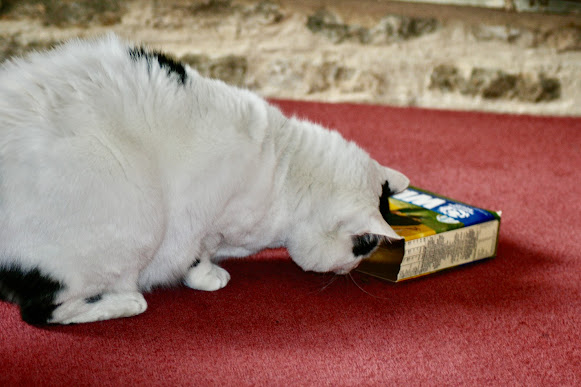My ears are the amazing. I can hear more from low to high- pitched sounds than any other warm-blooded animal that human scientists have tested. My hearing range is remarkable.
At the low range my hearing is about what would be expected from a small animal. But what is unexpected is the high pitched sounds that I can hear. I can hear the tiniest little squeaks of small rodents and insects.
What usually happens to animal hearing is that the higher an animal can hear, the less it can hear at lower pitch. But that's not happened to us cats. We can hear low and we can hear high.
It's obviously why we need to hear high pitched sounds. These are the sounds in the undergrowth that alert us to mice, rats and other rodents. These are our prey in the wild.
But why do we need to hear the relatively low sounds? That may be because we have a dual role in life. We are hunters and predators but we are also prey to larger animals. We may need to hear the low sounds to keep us safe from animals like coyotes and dogs.
We are both prey and predator.




.jpeg)












